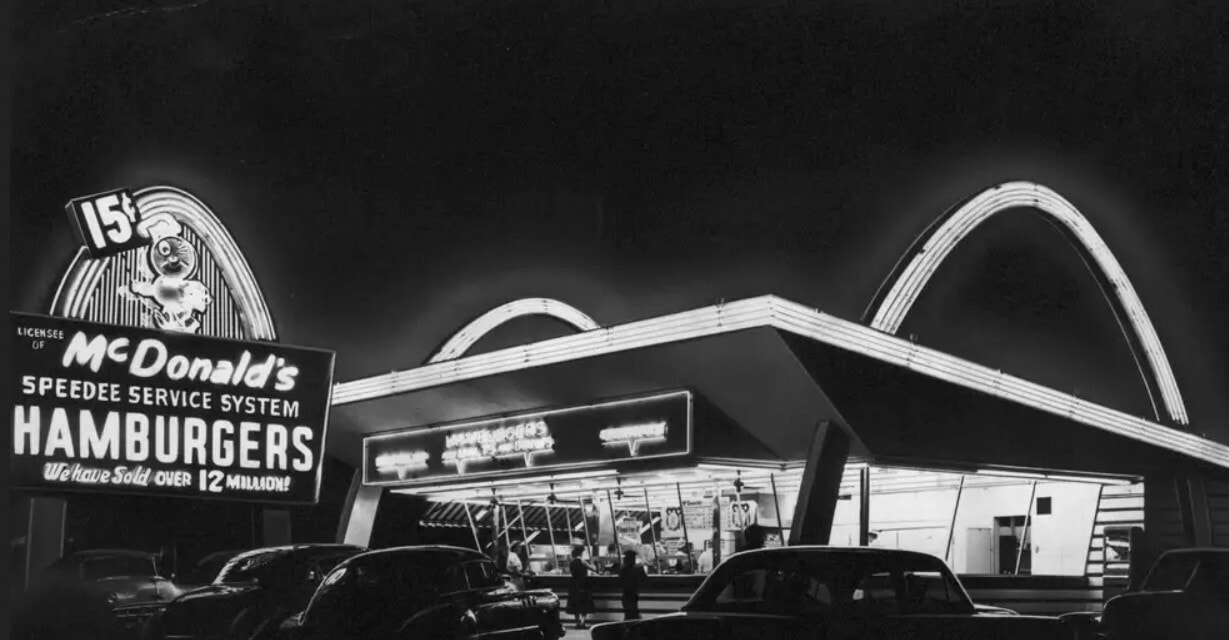Food is one of the few things we literally can’t do without. Like all other species, humans’ key priority has long been food security. Our distant and even recent ancestors were constantly worried about the possibility that there might not be enough food. Nowadays, for most of us the problem isn’t too little food, but too much, as the world’s obesity epidemic can attest. Below are twenty five things about fascinating food and feasting facts from history.
A Status Fruit That Took Europe by Storm

Pineapple today is just a Dole can away, often for around a buck. Once, however, they were exotic and rare. Christopher Columbus brought back pineapples when he returned from his second voyage in 1496. Only one of them survived the sea passage without rotting, but it sent Spain’s court into raptures. One courtier wrote that “its flavor excels all other fruits“. Pineapples stood out at the time because sweet things were not as common in Europe back then as they are today.
Sugar was rare and expensive, while fruits were only available in season. A ripe sweet pineapple could have been the tastiest thing that a European of that era had ever encountered. Then there was the exotic appearance: pineapples looked like nothing Europeans had seen before. As an envoy of Spain’s King Ferdinand put it: “[it is] the most beautiful of fruits I have seen. I do no suppose there is in the whole world any other of so exquisite and lovely appearance“.

